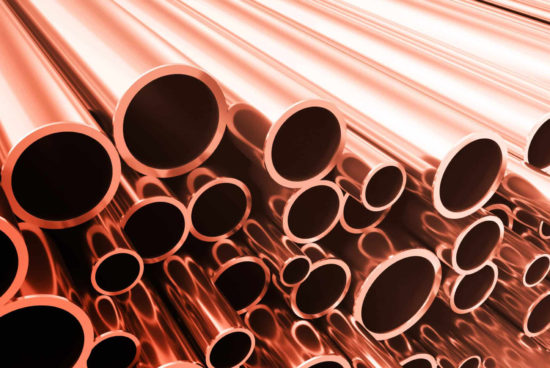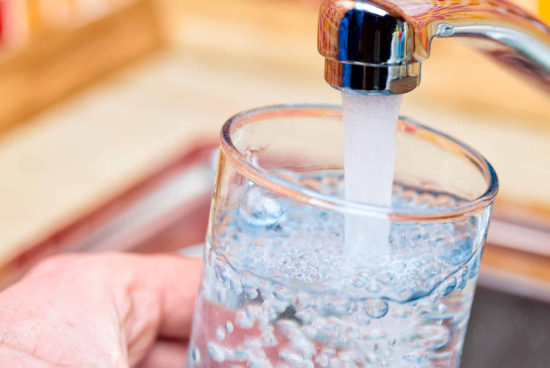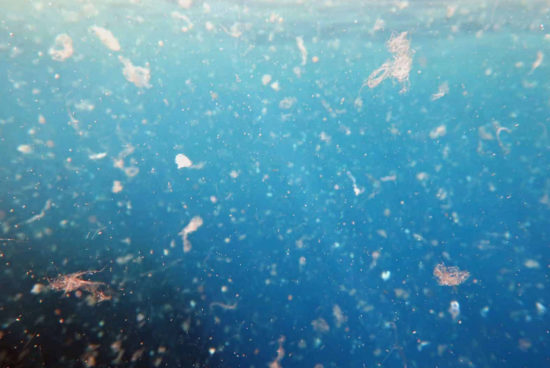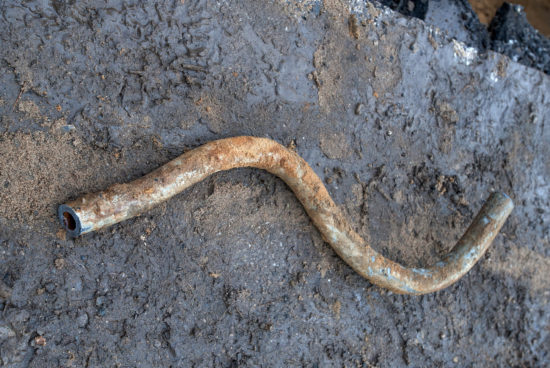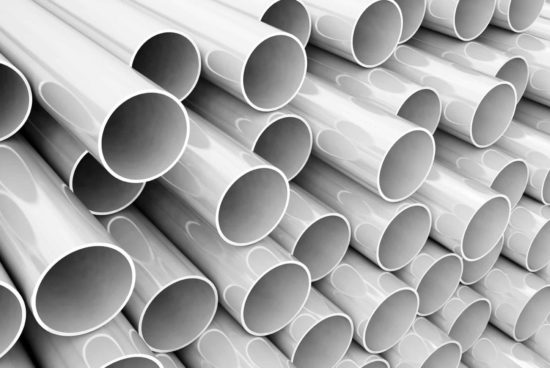How Do Microplastics Enter the Water Supply?
How Do Microplastics Enter the Water Supply? Microplastics are small pieces of plastic less than five millimeters in length and represent a serious threat to the safety of our water. Microplastics release toxic chemicals, are consumed by both people and animals, and are prevalent throughout North America’s water infrastructure. How does all this plastic find … more

